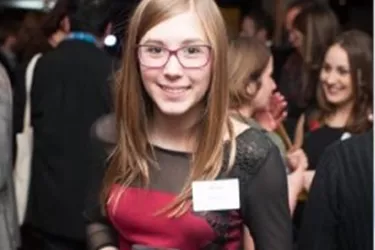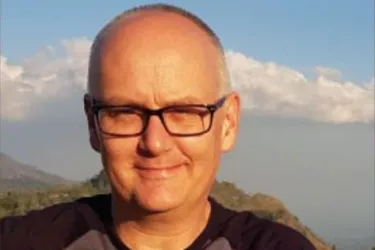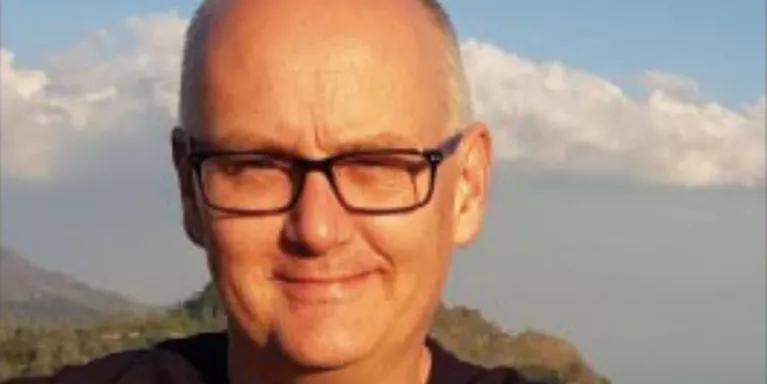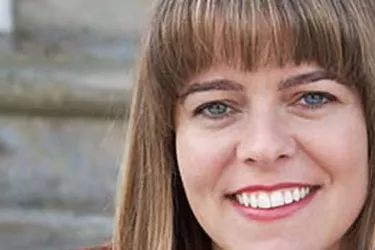Presenting All in the Mind
All in the Mind presenter Claudia Hammond discusses changing attitudes towards mental health in the media.
When All in the Mind began on BBC Radio 4 back in 1988, I was a sixth former. At last here was a programme dealing with a subject which really interested me – psychology and how the mind works.
Back then, when the wonderful Professor Anthony Clare was the presenter, I had no idea that I’d be making reports for the programme eight years later, let alone that I’d end up presenting it. We’re now celebrating the twenty-fifth birthday of the world’s longest-running programme, devoted to mental health and psychology.
As part of those celebrations, we’re launching some exciting new mental health awards for people who have experienced mental health problems to nominate the person or group of people who have made a significant difference to them.
At a time when there were very few programmes covering mental health, All in the Mind was ground-breaking. There was an opportunity for people with mental health problems to talk about their experiences and for discussion of the increasing body of research about the mind and the way it works. Although mental health gets far more coverage on TV and radio than it used it to, with both Channel 4 and BBC3 running recent seasons on the topic, regular series on the topic are still rare.
Twenty-five years ago, attitudes towards mental health problems often seemed more negative than they are today, but research by Professor Graham Thornicroft at the Institute of Psychiatry shows how far we’ve come.
But there’s still more to be done. While attitudes towards depression may have improved, there’s much further to go with attitudes to psychosis. And although more celebrities than ever before are prepared to speak publicly about their personal experiences, many people still don’t feel they have the option to disclose their problems at work without their career being affected.
Through All In the Mind, we work to dispel popular myths around mental health. During my time on the programme, I’ve noticed that it’s becoming more common for people to be happy using their own names instead of asking for a pseudonym. Some people still want to protect their privacy, which of course, is fine, but others are keen to speak out publicly, which I think demonstrates a positive shift in attitudes towards mental health.
The reason we’ve launched the All in the Mind Mental Health awards is to give people who’ve experienced mental health problems the opportunity to tell us how they found a way of coping and to recognise the person or group which helped them to do that. It could be something very small that has made a difference. You can nominate a friend or relative or even your boss for one of our awards. Or maybe the person who made a difference for you as a professional – a therapist, nurse, doctor, psychiatrist or social worker, for example.
Over the years, I’ve visited some amazing mental health groups up and down the country, and we also want to recognise the work that they are doing. We’re looking for unsung heroes who’ve really gone the extra mile. These awards are just as much about the people making the nominations as the people they’d like to thank. We want to celebrate both. For that reason, both the shortlisted nominees and their nominators will be invited to an award ceremony in June. When they share their experiences of coping or recovery, we might find there are lessons for all of us.


Information and support
When you’re living with a mental health problem, or supporting someone who is, having access to the right information - about a condition, treatment options, or practical issues - is vital. Visit our information pages to find out more.
Share your story with others
Blogs and stories can show that people with mental health problems are cared about, understood and listened to. We can use it to challenge the status quo and change attitudes.

















